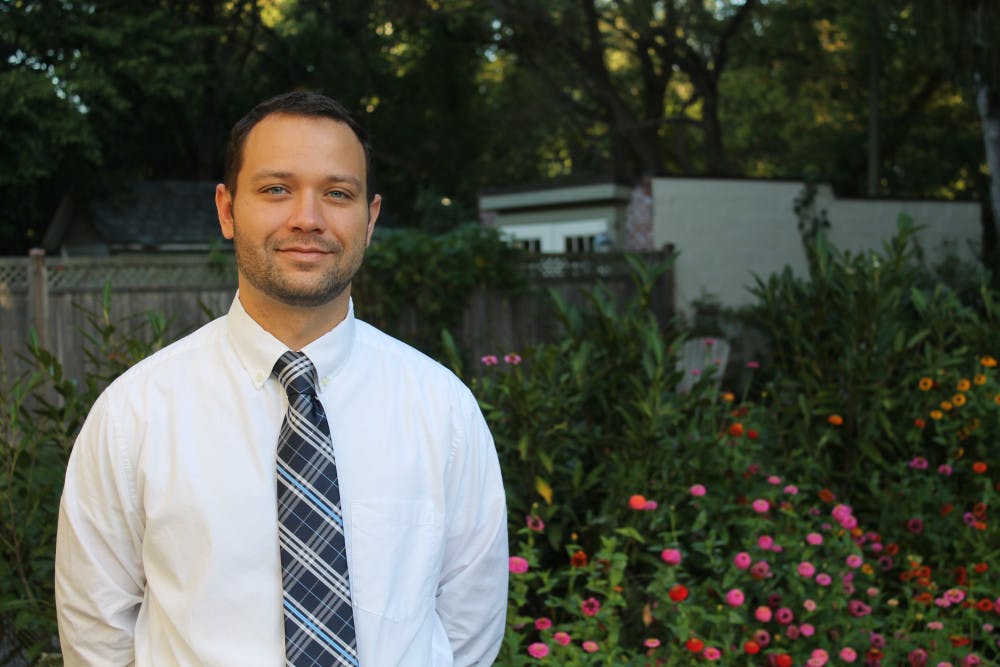Mylin Batipps
Social Media Editor
After months of careful research on “political extremists,” psychology professor Jarret Crawford found his study in the highly selective journal, Psychological Science.

Published in mid-December, Crawford’s research focuses on how individuals form political beliefs that fall under extreme left-wing and right-wing categories. He did not conduct the study alone, however, as he collaborated with two professors from Tilburg University — Dr. Anthony Evans and Dr. Mark Brandt.
“I had been a regular collaborator with (Brandt), the lead author of the paper, for some time prior to conducting the studies reported in Psychological Science,” Crawford said. “He and I realized a few years ago that we had been conducting some similar work independently, and decided to join forces.”
Dr. Evans was then brought on board as “an expert in judgment and decision-making,” according to Crawford.
In the study, Crawford and his collaborators concluded that when asked questions, extreme conservatives and liberals seldom rely on information presented in the questions to formulate an answer corresponding to their beliefs.
“What we found is that political extremists are more confident in their judgments, and thus are less likely to let the information provided in the question, or the anchor, influence their ultimate judgments,” he said. “As for where their confidence comes from, this is an interesting question.”
According to Crawford, although many previous studies have explored political extremists’ confidence-based beliefs, or cognitive rigidity, most of the studies are based on “self-report” measures, which leave an opening for bias in the research. Therefore, he and his collaborators used behavioral measures instead, to produce results that are objective from their perspective.
For instance, they found that when they asked a sample of people to guess the distance between two cities, those people generated responses that are influenced by the estimate provided in the question.
“People will give higher estimates for the distance between New York City and San Francisco when told that the distance between them is more than 2,000 miles, and will give lower estimates when told that the distance between them is more than 500 miles,” Crawford said.
For political extremists, however, they provided estimates that were farther away from the numbers given in the question, suggesting a resistance to anchoring bias.
“What’s important to remember, though, is that the judgments they were making were non-political — thus, their confidence in one domain (politics) appears to spill over into unrelated domains,” he said.
An alumnus of the College, Crawford earned his doctorate degree in social psychology at Rutgers University and became an assistant professor for the College in 2008. Since then, he has worked on many collaborative studies in social and political psychology and has over 30 publications in various psychology journals.
“I’ve had the good fortune to have my work recently appear in several other journals that are widely read across psychology, and to have some of this work featured recently in The New Yorker,” he said. “I am proud to show that impactful scholarship can be produced at smaller liberal arts colleges like (the College).”
Crawford’s success doesn’t stop here, though. Although he is on sabbatical for the spring semester, he will be traveling to Tilburg University to continue his collaboration with Brandt and Evans.
“I am in a constant state of working on studies and have many in progress,” he said.







